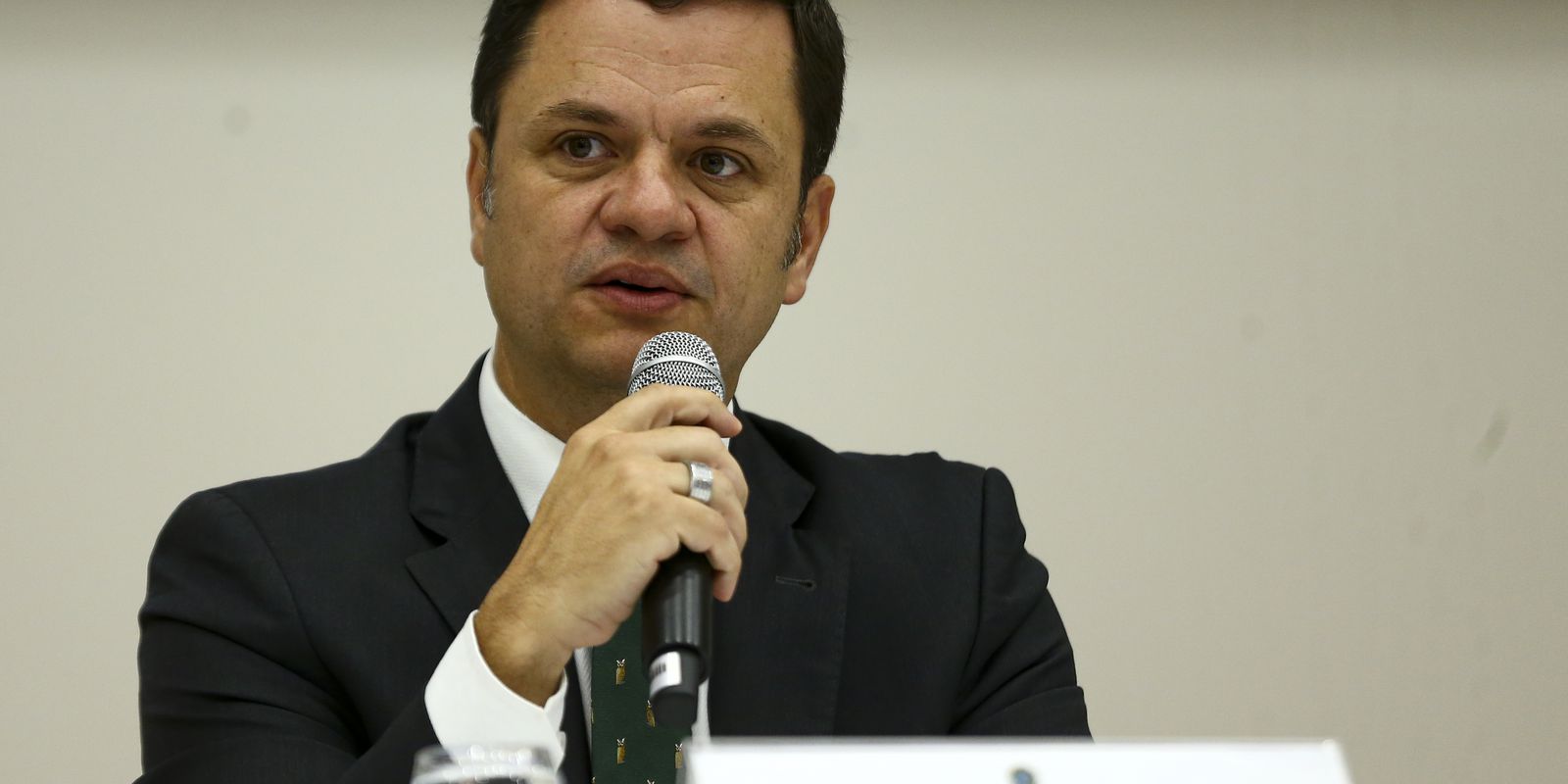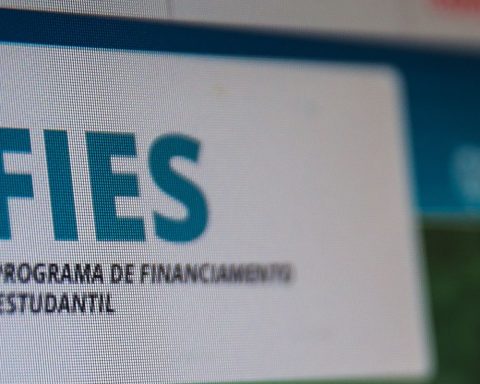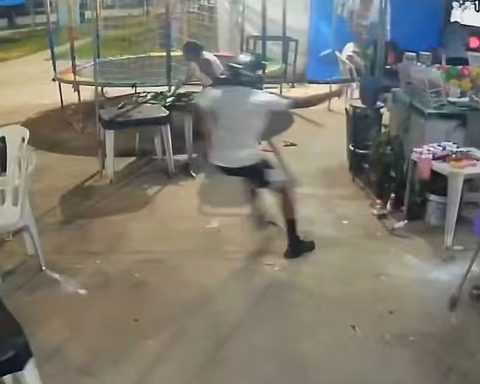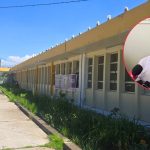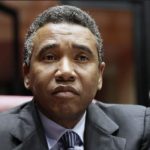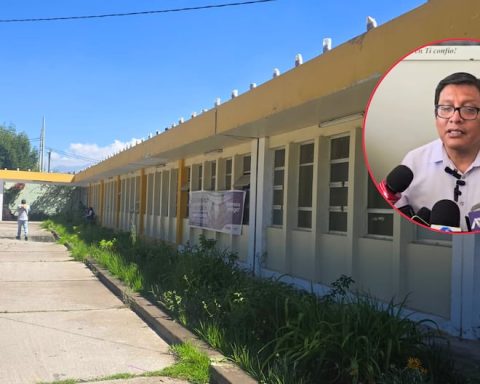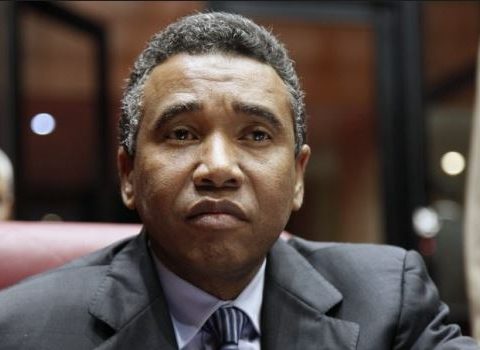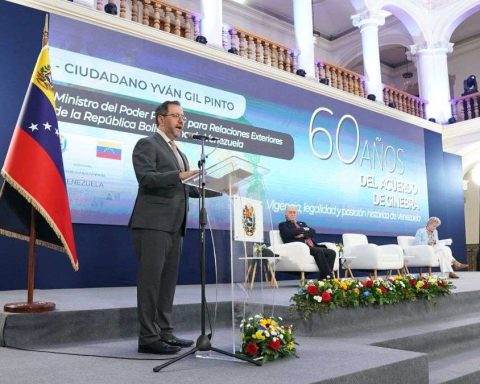Former Secretary of Public Security of the Federal District, Anderson Torres, told the Federal Police (PF) that there was a “serious failure” in the execution of the operational plan, defined by district bodies, which allowed the action of vandals and scammers who invaded and destroyed the Planalto Palace, the National Congress and the seat of the Federal Supreme Court (STF), in Brasília, on January 8.
Former Minister of Justice and Public Security of the Bolsonaro government, Anderson Torres is stuck since January 14, when he returned from the United States, where he traveled on vacation, with his family, two days before the anti-democratic act that culminated in the attack on the Three Powers – Executive, Legislative and Judiciary. The attack caused the destruction of public facilities and part of the historic and artistic heritage on display in the buildings.
This Thursday (2), Torres testified to federal police for almost ten hours. He reported that, on January 6, shortly before traveling, he met with the military commander of Planalto, General Gustavo Henrique Dutra de Menezes, with the District Secretary for Social Development, Ana Paula Marra, and with the Under Secretary for Integrated Operations from the Secretariat of Public Security, Cíntia Queiroz de Castro.
During the meeting, it was agreed that, as of January 10, the Army and Government of the Federal District (GDF) would begin to remove people camped in front of the Army Headquarters, starting with “vulnerable and homeless people”. The schedule, however, was run over by the facts, he said.
According to Torres, on the same day 6, representatives of the Military and Civil Police of the Federal District; Firemen; Traffic Department (Detran); Department of Roads and Highways (DER); Federal Highway Police (PRF); Senate; Chamber of Deputies; Federal Supreme Court (STF) met. Based on information from the Undersecretariat for Integrated Operations of the Federal District, they approved a protocol of integrated actions (PAI) to deal with the act called for the 8th. The approval took place. according to Torres, even without evidence of “radical actions”.
The former secretary added that, once approved, the protocol should be obligatorily complied with by all bodies in the Federal District. He said that, upon signing the document, he noted that it contained all the necessary guidelines for public security agencies to fulfill their duties.
The protocol established, for example, that the PM should plan and execute ostensive policing actions, preserving public order during the act; keep specialized troops on standby in case of disturbances and prevent people and vehicles from entering Praça dos Três Poderes.
When asked about a statement by the removed governor, Ibaneis Rocha, who pointed out that there were indications that the security protocol had been sabotaged by agents of the public security forces, Torres said he had no information that corroborates the thesis, but that, certainly, there was a “serious failure” in the operational execution of the plan. According to him, if it had been followed strictly, the plan would have prevented the criminal acts of January 8.
Camping
Torres also said that initially he considered the mobilization and permanence of people who rejected President Luiz Inácio Lula da Silva’s electoral victory in the military area to be legitimate, but that, with the attempt to invasivethe one on the 12th of December, when buses and cars were set on fire on public roads in the capital, he began to consider the risk of the camp – installed in the place since November 1st of last year – attracting criminals. According to him, this was evident with the arrest of camp participants who planned to detonate a bomb near Brasilia airport, on Christmas Eve.
The federal agent responsible for registering the statements informed that Torres said that the successive crimes made the movement lose its legitimacy and that he only did not act before to dismantle the camp because it was in an area belonging to the Army, which was opposed to a sudden action .
“The former minister mentioned that he had a different posture from that of the Army command and that he ended up prevailing, [favorável à] the maintenance of the camp”, he explained to Brazil Agency one of Torres’ lawyers, Rodrigo Rocca.
The camp only began to be dismantled the morning after the January 8 attacks – under the influence of the Army, and contrary to the intention of the Ministry of Justice and Public Security and the Military Police of the Federal District, bodies that, initially, manifested themselves to in favor of arrests in the early evening of the 8th, a few hours after many of the vandals and coup plotters who invaded public buildings returned to the front of the military headquarters.
in the rreport which analyzes the factors that culminated in the events of January 8, the executive secretary of the Ministry of Justice and Public Security, Ricardo Cappell, appointed public security inspector for the Federal District, highlighted that the Military Police tried to “disconstitute” the camp set up in the Urban Military Sector, in the federal capital, “however, the action was carried out the following day, based on the consideration of the Brazilian Army”.
